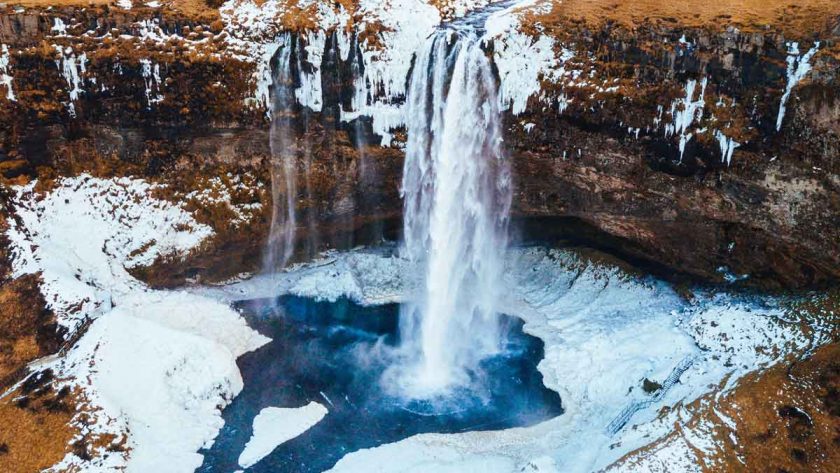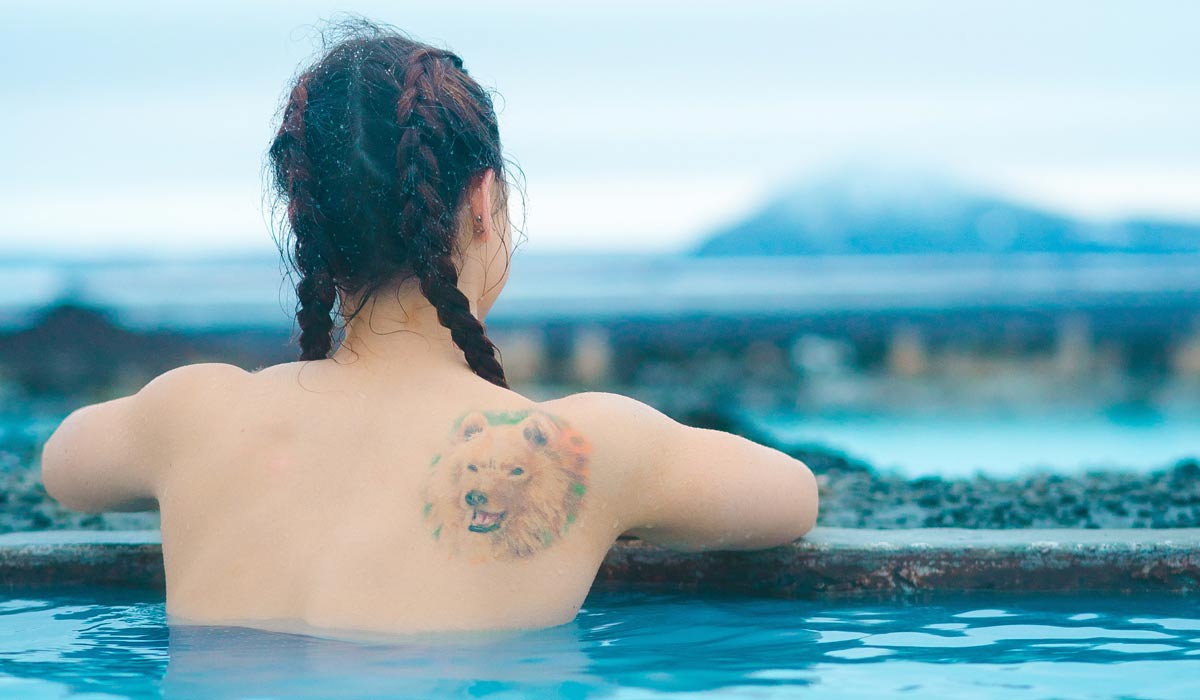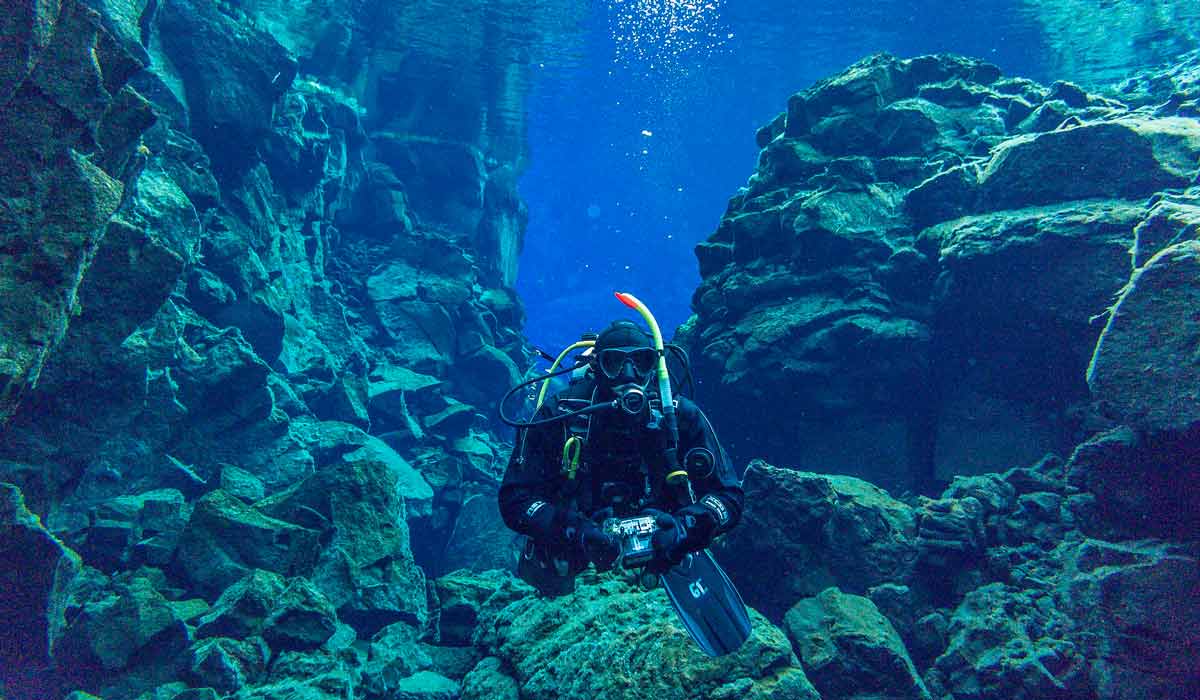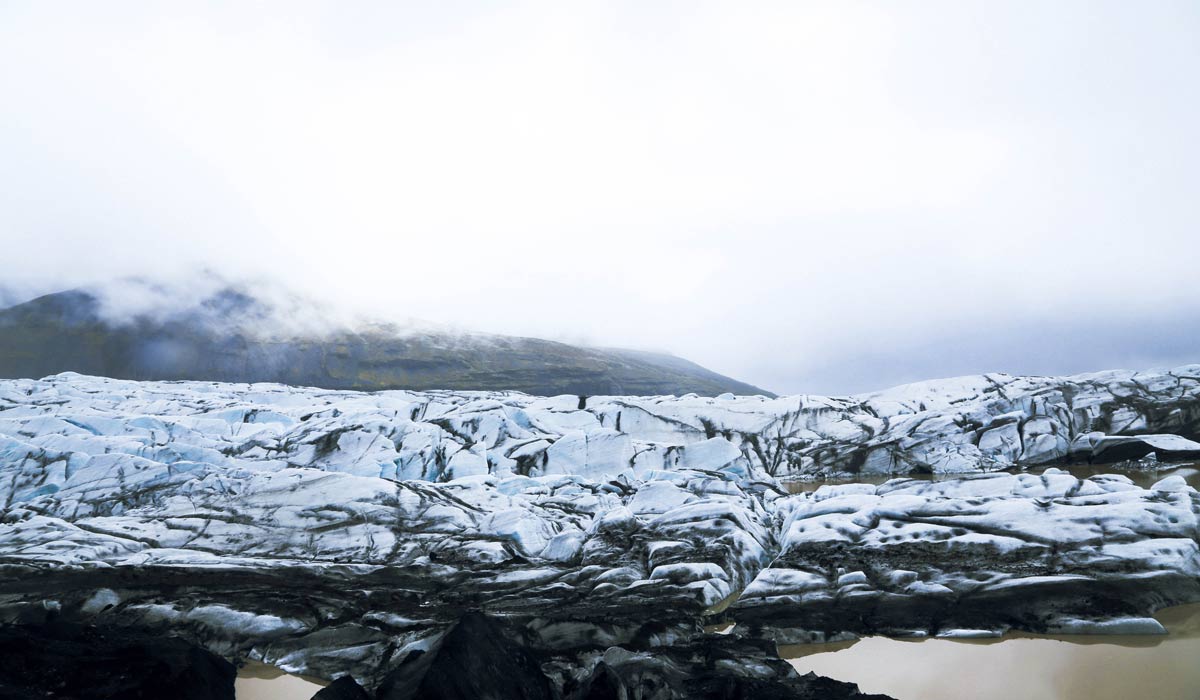This post is also available in:
 Español
Español
Although it is a cold country and many people think that Iceland in winter is impossible to visit, it is actually a paradise that is worth visiting throughout the year. And the fact is that Iceland is an amazing country, where you can get close to a volcanic eruption by trekking to the Fagradalsfjall volcano, or walk surrounded by ice on an excursion to the Skaftafell glacier, one of the many that are on the island. For the ancient Icelanders there are only two seasons: winter or skammdegi and summer or náttleysi. If you want to know the temperature of Iceland throughout the year, we leave you a post with all the information. In this article, we will try to reveal the differences between visiting Iceland in winter or summer.
Iceland in summer vs winter. Main differences
There is a widespread myth that Iceland is a frozen country – everything is under ice! Actually, it’s not like that because although it is cold, there are Nordic countries much colder than Iceland, which has a cold but moderate climate throughout the year.
The problem is that the wind is strong which makes the wind chill very cold. Determining in which season to visit Iceland is very important as both summer and winter offer different advantages and also some disadvantages.
Differences between summer and winter in Iceland
Temperature
Due to Iceland’s location in the Gulf Stream, temperatures are generally not excessively low in winter. In fact, the average minimum temperature is 28,4°F (-2 °C) in January, while the average maximum in January is 35,6°F (2°C). The problem in Iceland in winter is the wind, which can make the wind chill drop if it gets too strong.
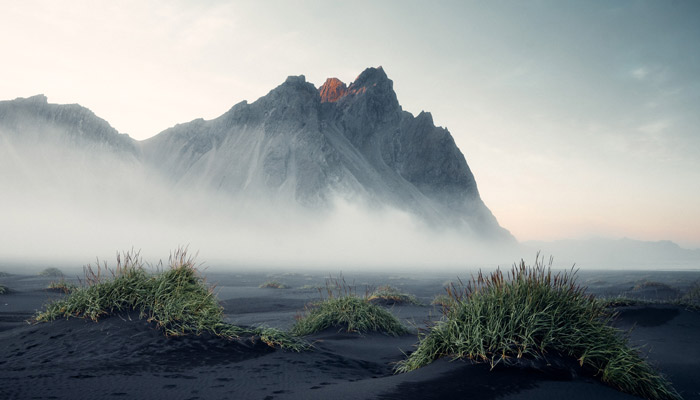
Iceland’s summer is characteristically short and cool compared to other European summers. The average maximum temperature in July and August is 57,2 °F (14°C) , and the average minimum is 48,2°F (9°C) in the same months.
Tourist inflow
As with any country, there are two seasons in Iceland: high season and low season. This means that visiting Iceland in summer will allow you to have slightly warmer temperatures, but it will also mean that there are more tourists and you may have to visit some places with more people at the same time.
Late March to late May and August to November is the low season with the fewest tourists. Bear in mind that the beginning of November is usually snowy, which makes for a busy season. On the other hand, Christmas and New Year’s Eve are also usually high season.
Prices
In addition to the influx of tourists, low and high seasons influence the prices of a trip significantly, as prices are affected by the different demand. This applies to flights as well as to accommodation and other tourist services.
Nature
The main attraction of visiting Iceland is to see its spectacular natural wonders. For this, the best time to visit Iceland is in winter, when one of the great phenomena that attracts most people to the north takes place: the Northern Lights.
You can also enjoy the icy landscapes, a snow-covered country that will make you feel like you’re at the North Pole, and during this season the famous and beautiful ice caves are also formed.
Iceland in summer is equally spectacular, but you’ll miss the Northern Lights and the ice caves. Instead, you can kayak around some of the glacial lakes and sail among the icebergs.
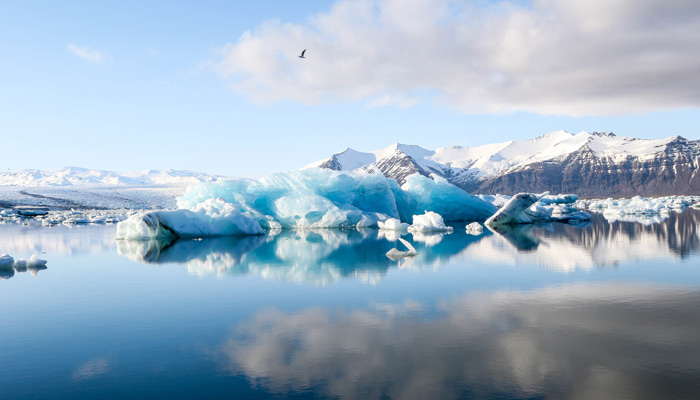
Luggage
If you like to travel light, then summer is for you as you’ll need to pack a little less warm clothing. But given that summers are cool on the island, the difference isn’t that great.
If you want to visit Iceland in winter, then you’ll need to pack a little more. You will need special snow shoes or waterproof boots, thermal clothing, coats, waterproof trousers if you are going to visit the ice caves, etc…
Daylight hours in Iceland
The amount of daylight changes between the two seasons. In summer there are many more hours of daylight while in winter the nights are long, almost 20 hours at their peak.
This means that in summer you’ll have longer days that you’ll be able to make better use of. In fact they are so long that in July the length of the day is close to 20 hours. On the other hand, in winter, thanks to the long nights, you will be able to enjoy the northern lights among other spectacles. Here is an article with all the information about daylight hours in Iceland.
Road restrictions
Finally, it is important to note that during winter there are often travel restrictions for road safety, due to heavy snowfall and storm intensity. There may be road closures due to the authorities taking certain restrictions on a case-by-case basis. The weather may also affect flights in and out of the country.
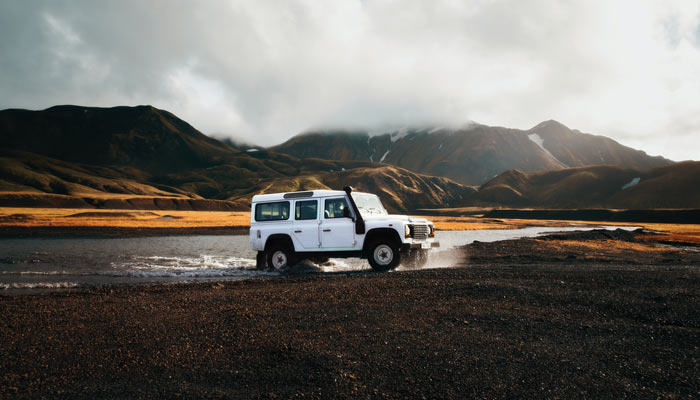
Another common restriction is the closure of roads and parks to prevent visitors from being put at risk by snowstorms. In addition to these restrictions, wind, rain and storms, which are more common in winter, can spoil some of your days in Iceland.
Summary: Iceland in summer vs winter
| Iceland in Winter | Iceland in Summer | ||
|---|---|---|---|
| Temperature | 28,4°F(-2°C) / 35,6°F (2°C) | 48,2°F (9°C) / 57,2°F (14°C) | |
| Tourist inflow | Less crowded | More crowded | |
| Prices | Lower | Higher | |
| Nature | Northern Lights, ice caves, glaciers | Glacial lakes | |
| Packing | More warm clothing | Possibility of travelling lighter, but not much difference | Light hours | 20 hours at night | 20 hours during the day |
| Safety restrictions | Roads closed due to weather, storms, wind… | Fewer restrictions of this style |
As you can see, each season has its pros and cons, but what is clear is that whenever you decide to go to Iceland, you will have an amazing experience. So, Iceland in summer vs winter, which season would you prefer to go?

